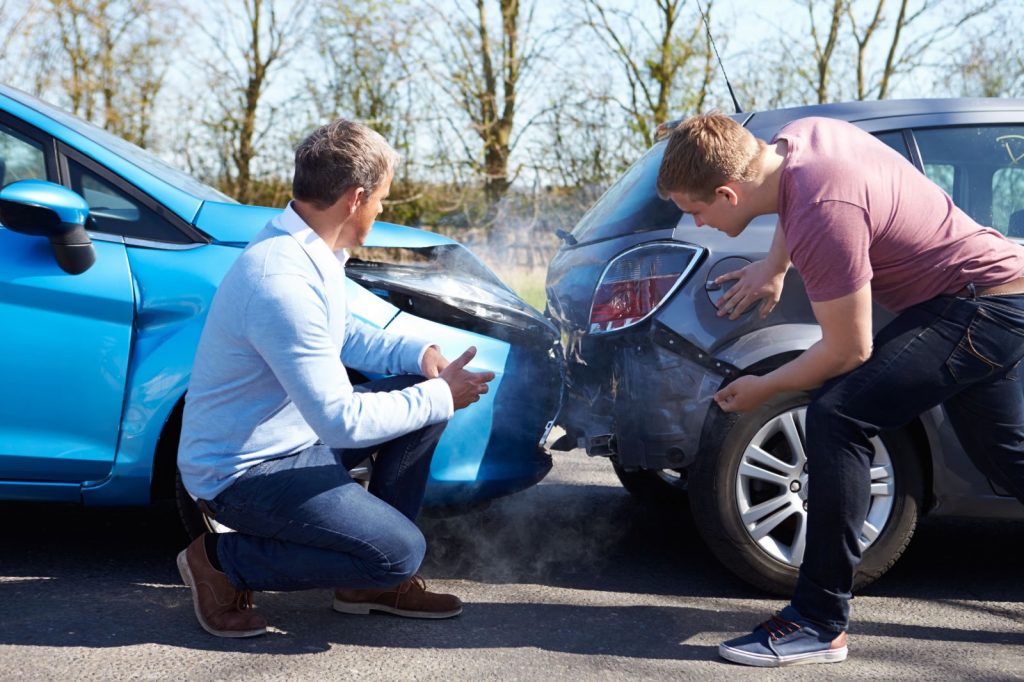
Car accidents aren’t a minor thing on the freeway. As you all know, a car accident can destroy lives, leave you with a life-changing injury or worst, death.
But not all accidents are as bad as they seem at first. If you’re involved in an accident, you might be owed compensation for sustaining injuries, damage to the car, or both. But it’s important to understand your part in the accident, your obligations as a driver, how the fault is determined, and the factors that determine whether or not you’ll be monetarily compensated.
California Financial Responsibility Requirements

When you purchase a car, you are required to cover it by a showing of financial responsibility. This can easily be done by purchasing a car insurance policy, as required in the California Insurance Code 11580. This act covers you in the case of a car accident, personal injury, and even property damage claims. The California Vehicle Code 16056 requires you, as a driver, to have the 15/30/5 coverage on all of your registered vehicles. The 15/30/5 includes the following:
- $15,000 for injury or death to one person
- $30,000 for injury or death to more than one person
- $50,000 for property damages
Your proof of insurance must be presented whenever required by law enforcement, renewing vehicle registration, and involved in an accident.
The last of the three is why we’re here, so let’s get into more details about what to do when involved in a car accident.
What do to When Involved in a Car Accident?

Car accidents are very frequent in California and the United States in general. A car accident attorney can be the difference-maker in being successfully compensated in the case of a car accident. You can check this website for more information and find an auto accident attorney in California.
When involved in a car accident, the first thing you should do is call 911. Upon contacting the operator, state your name, your emergency (car accident), your location, if anyone is injured, and if the accident is dangerous.
Then, proceed by gathering evidence of the car accident. You can do this by taking pictures of the accident. This is crucial in the case if the other person decides to move his vehicle to better suit his claim. California law requires both people involved in the accident to exchange the following information:
- Driver names and addresses
- Car owner’s name and address, if the owner of the car isn’t present
- The names and addresses or any injured passengers
- Car registration numbers
When the police arrive at the scene, they are fully authorized to secure the scene of the accident, coordinate and transport any injured passengers, gather evidence of the scene of the crime, conduct sobriety tests, and issue citations.
The police officer is by no right required to listen to what you have to say. He is there to do a very specific job, which is to perform the before mentioned. You are, however, by law required to fully cooperate with the police officer and listen to what he has to say.









